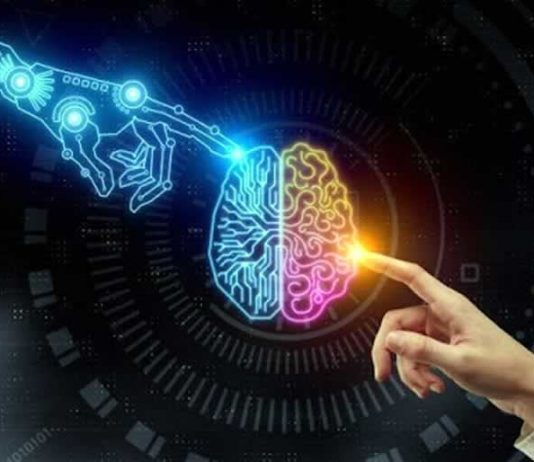What is the future of the schools we know today? The form may be preserved, but the essence will change. And perhaps in 30 years, educational institutions will be radically different from those that exist today. We can make many assumptions, but no one really knows the answer. Now we already have some innovations like paper editor. However, let’s talk about the technologies of the future, which are already becoming important elements of modern education. They are talked about – they are the technologies of tomorrow, and we need to work with them today. Consider a few technologies that can potentially change the usual learning format.
3D printers
There is a lot of talk now about Lego, its benefits for children. And if we go further and teach children to use 3D printers? The children of the future will not be limited by the set number of details of the designers, they will create what they can play and learn with.
This device could one day be considered one of the best cheap printers and will help to create working mini-models for designing, carrying out various experiments. Students can improve their design skills to prototype inventions without significant time.
3D printer is an expensive pleasure, and their mass production will make the device cheaper. This means that more schools will be able to use it in their work. Teachers will be able to create demonstration models that will help to better master the practical and theoretical material, visualizing abstract concepts.
Cloud technologies
Are you familiar with the student’s excuse that the homework was done, but the notebook was eaten by a dog? In the near future, it may be replaced by something else – there was not enough space in the cloud, and I could not remove anything. Some of the teachers are well acquainted with cloud technologies, and some are just learning the principles of their work, some are not interested. But in the future without “clouds” can not do.
Students may need access to all homework, study materials directly during the lesson. And the habit of carrying stacks of books to school will be considered a relic of the past. The main thing is to have computers and high-speed internet at school. This will allow you to work on projects, homework anywhere and anytime. And e-textbooks, as part of cloud technology, can completely replace the usual format of libraries.
Cloud technology can really visualize the classroom, creating a classroom for online learning. Classes in the virtual environment are already gaining popularity, so there is no reason to believe that this development will change in the near future.
Local social networks
Everyone knows about the existence of global social networks, many people use them quite successfully in their work. In this case, we are talking about local area networks for communication within the school or school complex. Such networks will be open to every student, children will be able to discuss ideas, projects, tasks. This is one way to show that learning is a personal responsibility, not a teacher’s responsibility.
Another advantage of this format is the similarity to work in real conditions, where cooperation is a condition for success. Teachers can also be present in such a network to answer students’ questions or add useful information. Moreover, it is a feedback tool that helps to improve learning.


